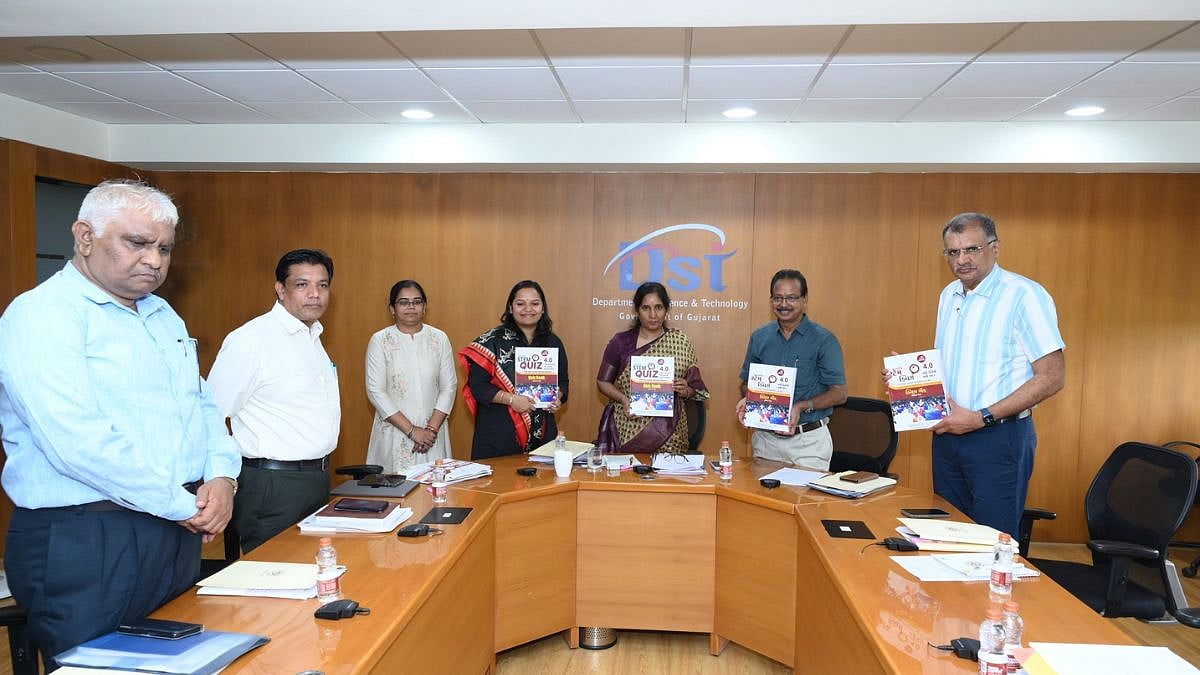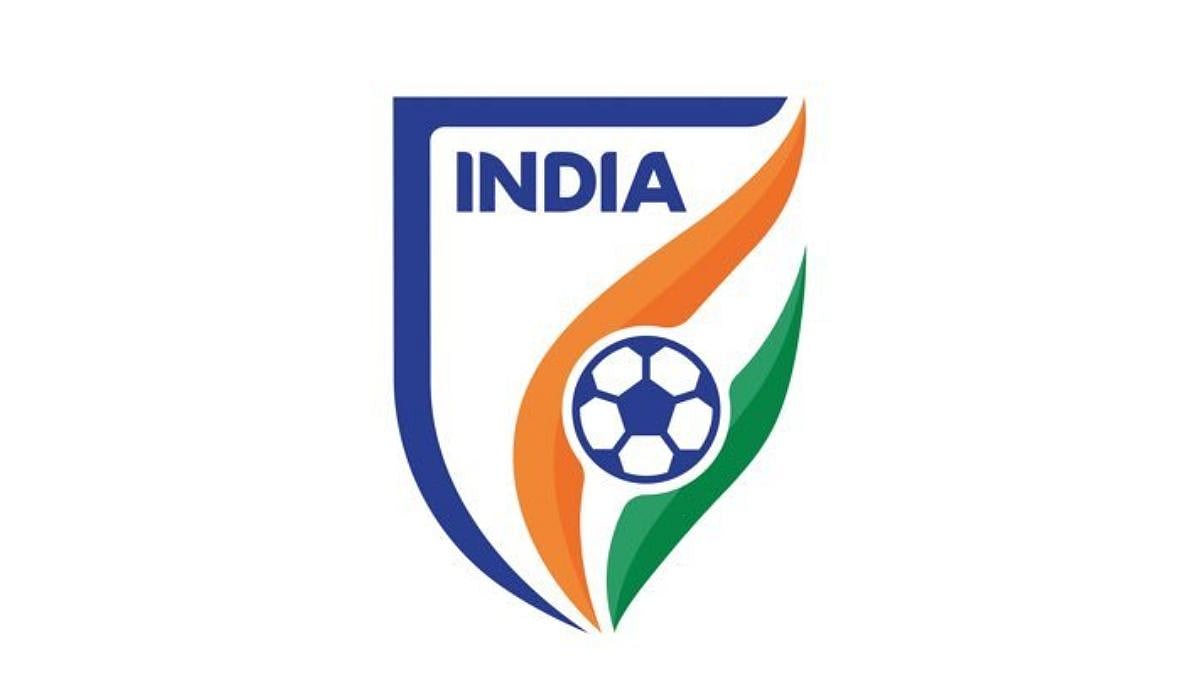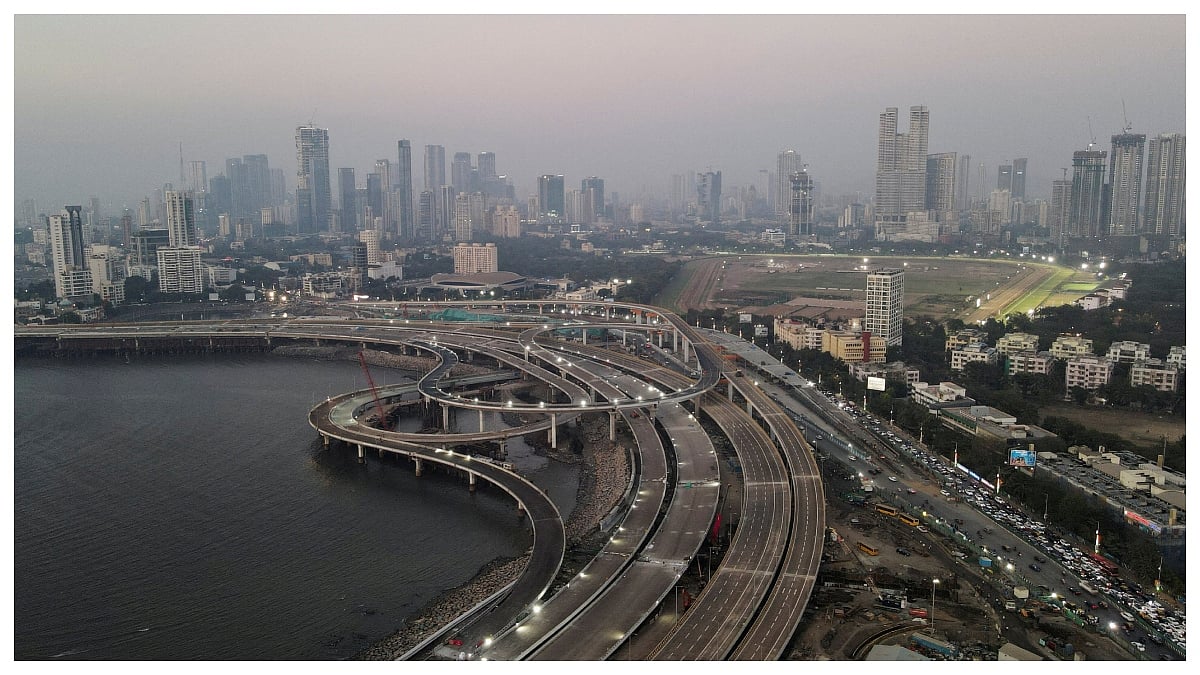Ascites usually occur when the liver stops working properly, leading to a buildup of fluid in the abdominal area. It is the most common complication of cirrhosis (scarring of the liver), according to 2010 clinical guidelines published in the Journal of Hepatology. It affects around 60 per cent of people with cirrhosis within 10 years of their diagnosis, and the two-year survival rate is 50 percent.
Causes
Cirrhotic ascites develop when blood pressure in the portal vein — the blood vessel that carries blood from the digestive organs to the liver – becomes too high. As the pressure rises, kidney function worsens and fluid builds up in the abdomen. As the liver struggles to manage this fluid, it is forced into the abdominal cavity, resulting in ascites.
If you have heart or kidney failure, the blood volume in your arteries may fall. This triggers changes in various body systems that cause constriction in the kidney’s blood vessels and sodium and water retention. These, too, can form ascites.
Around two per cent of cases are due to other causes, such as:
intravenous drug use
obesity
high cholesterol levels
type 2 diabetes
kidney disease
ovarian lesions
severe malnutrition
pancreatic, liver, or endometrial cancer
Symptoms
People with ascites may have the following symptoms:
painless swelling in the abdomen that worsens rather than going away
abdominal discomfort
weight gain
feeling full after eating a little
shortness of breath as pressure increases in the abdomen, pushing up on the diaphragm and reducing the space for the lungs to expand
There are also other symptoms that are specific to cancer, heart failure, advanced cirrhosis, or other underlying conditions. If you experience symptoms like those below, talk with your doctor as soon as possible.
It is not always possible to prevent ascites or its causes. However, there are ways to reduce the risk of some causes, such as cirrhosis, heart disease, peritoneal infections, and nonalcoholic fatty liver disease.
These methods include:
eating a diet that is high in fresh fruits and vegetables and low in added fats and salt
consuming whole foods rather than highly processed foods
managing your body weight
getting regular exercise
Avoiding alcohol
Lowering salt in your diet (no more than 1,500 mg/day of sodium)
Limiting fluid intake
You may also get medicines from your doctor, including:
"Water pills" (diuretics) to get rid of extra fluid
Antibiotics for infections
Other things you can do to help take care of your liver disease are:
Get vaccinated for diseases such as influenza, hepatitis A and hepatitis B, and pneumococcal infection
Ayurvedic Acupressure

The ACUSANSTHAN -- Prayagraj has suggested that as a preventive measure one can sedate Meridian point CV 9 (see figure) as this point is important to promote transportation and excretion of fluids in all parts of the body as it controls water passages.
(For more treatments, visit the website artofselfhealing.in)













